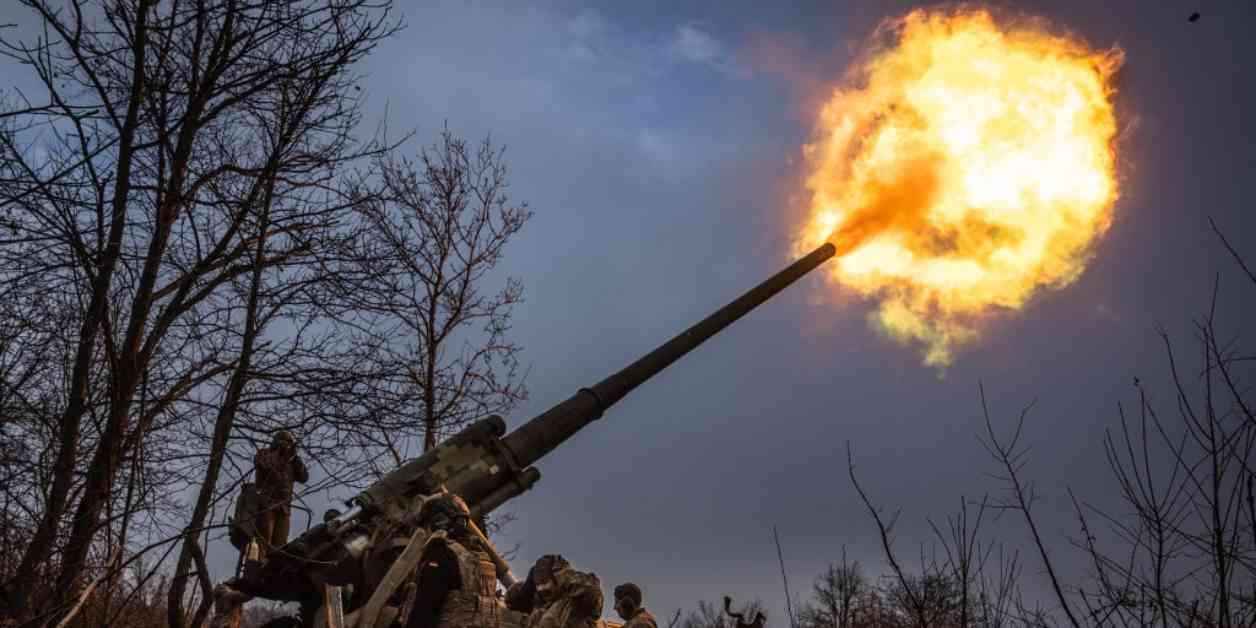The Trump administration has decided to halt military aid to Ukraine after a publicized dispute between President Donald Trump and Ukrainian President Volodymyr Zelenskyy. This decision comes after a tense meeting in the Oval Office where Trump and Vice President JD Vance expressed disappointment in Zelenskyy’s perceived lack of gratitude for U.S. aid. The move signifies a shift in U.S.-Ukraine relations, prompting various reactions from lawmakers and international leaders.
Meeting of Minds in the Oval Office
Last week’s Oval Office clash between President Trump and President Zelenskyy set the stage for the suspension of military aid to Ukraine. During the meeting, Trump and Vice President Vance reportedly criticized Zelenskyy for failing to show appreciation for the billions of dollars in aid provided by the U.S. since Russia’s invasion of Ukraine. Trump’s subsequent comments on social media and to reporters reflected his displeasure with Zelenskyy’s perceived disrespect and lack of commitment to peace efforts.
The perceived lack of gratitude from Zelenskyy, coupled with Trump’s assertion of Ukraine’s responsibility for Russia’s invasion, led to a breakdown in diplomatic relations. Zelenskyy’s suggestion that Trump was influenced by Russian disinformation further strained the already tense situation. Despite the fallout from the meeting, Zelenskyy expressed a willingness to salvage the relationship with the U.S. through a potential minerals deal, highlighting his commitment to finding common ground.
International Response and Support
Following Zelenskyy’s visit to Washington, several European leaders extended their support to Ukraine in the face of strained U.S. relations. British Prime Minister Keir Starmer announced a substantial loan to aid Ukraine and emphasized the need for a ceasefire effort in collaboration with France and Ukraine. European Commission President Ursula von der Leyen and French President Emmanuel Macron echoed sentiments of solidarity with Ukraine, emphasizing the importance of upholding Ukrainian dignity and independence.
In light of the Trump administration’s decision to pause military aid to Ukraine, lawmakers and international figures have expressed varying perspectives on the matter. While some, like House Speaker Mike Johnson, have deferred to Trump’s judgment, others, such as Sen. Susan Collins, have criticized the move, citing the critical need for ongoing support to Ukraine during this tumultuous time. Senate Majority Leader John Thune characterized the Oval Office meeting as a missed opportunity, urging all parties to refocus their efforts on facilitating peace and stability in the region.
As the situation continues to evolve, the impact of this decision on U.S.-Ukraine relations and the broader geopolitical landscape remains to be seen. The suspension of military aid underscores the complexities of international diplomacy and the challenges of navigating conflicting interests on the global stage. In the midst of this uncertainty, Zelenskyy’s commitment to finding a path forward highlights the importance of perseverance and dialogue in fostering diplomatic solutions to complex geopolitical challenges.
Gabe Gutierrez, Courtney Kube, Zoë Richards, Syedah Asghar, Frank Thorp V, and Julie Tsirkin contributed to this report.


